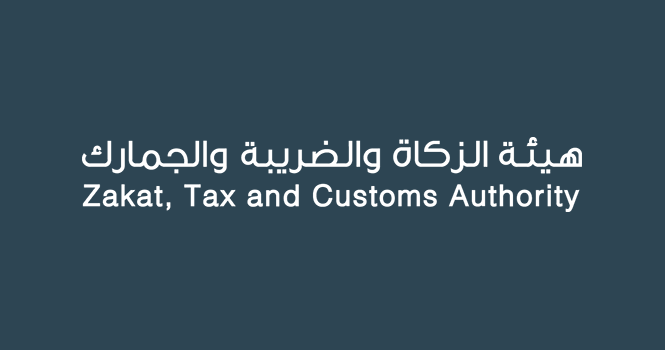Publisher: Maaal International Media Company
License: 465734
Only for establishments contracting with government agencies
Entitlement Mechanism Valuing VAT Amended
The Board of Directors of the Zakat, Tax and Customs Authority approved to amend the provisions of Article (twenty) of the executive regulations for value-added tax (VAT), related to determining the date of supply and tax due in specific cases.
The amendment to the regulation included changing the date of supply and the entitlement of value-added tax on all supplies of goods or services made from establishments contracting with government agencies, in accordance with contracts concluded with those agencies, under the the government competition and procurement system.
Subsequently, the date on which the tax is due is the date of issuing a payment order in the claim related to taxable supplies, in accordance with the procedures of the competition system or the date of receiving the consideration for part of it, whichever is earlier, in order to ensure that the entity receives the tax due on the supply before declaring it and paying it to the Authority in its periodic returns.
اقرأ المزيد
Minister of Finance and Chairman of the Board of Directors of the Zakat, Tax and Customs Authority, Muhammad Al-Jadaan stressed that this decision comes within the framework of the government’s interest, in providing more opportunities for the private sector to expand, grow and operate.
In addition to facilitating the business climate and removing obstacles, while maintaining a stable environment that stimulates economic growth, he pointed out.
In the medium and long term, that would provide better financial solvency for the sector, adding that “The decision confirms that the government’s continued work to enhance the role of the private sector, to be the main engine of economic growth, in addition to supporting small and medium enterprises through a number of initiatives and programs, that contribute to raising the private sector’s participation in economic development in the Kingdom.
Zakat, Tax and Customs Authority explained that this amendment will start from November 1 of this year, stressing that this comes within the framework of its keenness to ensure that these establishments comply with the relevant provisions of the value-added tax system, in addition to ensuring the continuity of the activity of taxpayers contracting with government agencies.
The authority stated that it will start holding several awareness workshops with this amendment starting next Sunday, October 10, with government agencies, the business sector and the Federation of Saudi Chambers, in order to clarify all the details related to the amendment and its desired objectives.
The authority called on all interested taxpayers and government agencies to take advantage of the workshops that the authority will carry out “virtually” to raise awareness of this amendment, which will be announced on its website zatca.gov.sa and its official account on Twitter zatca@_sa.
The authority also called on all those wishing to obtain more information regarding this amendment, to contact via the unified call center number (19993), which operates 24 hours a day, seven days a week, or via e-mail to info@zatca.gov.sa or the “Ask Zakat, Tax and Customs” account on Twitter. (@Zatca_Care), or through instant conversations on the authority’s website (zatca.gov.sa).
It is noteworthy that the establishments contracting with government agencies were reporting the tax due on the claims submitted to government agencies, within the tax return for the tax period, in which the supply was actually made or a claim was issued to the government agency or in which the consideration for the supply was received in whole or in part, whichever is earlier.
While under the amendment announced today, the supply that was made with a government entity in accordance with contracts concluded in accordance with the government competition and procurement system, will be considered a reality and the tax due, accordingly will be declared in the tax return for the tax period, during which the payment order is issued to the facility or in which the consideration for the supply is received, in whole or in part, whichever comes first.
And according to the amount for which the payment order was issued to ensure that the supplier contracting with government agencies receives the tax due, for his supply before it is declared and paid to the authority.








